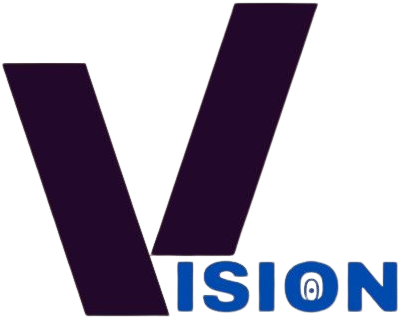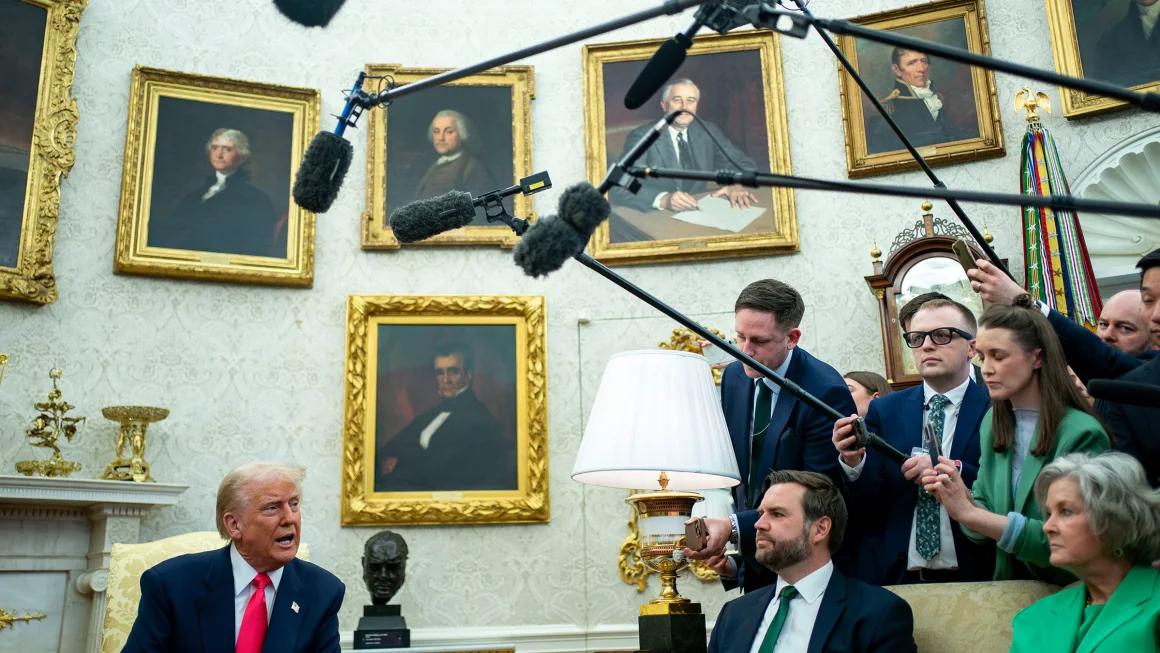
As we move towards greener transport, a big question comes up: What are the legal issues with turning a regular car into an electric one? With more people interested in electric cars, it’s key to know the laws around these changes. The U.S. is seeing a big push towards electric vehicles, thanks to groups like the Advanced Research Projects Agency – Energy (ARPA-E) and the U.S. Department of Energy.
But, it’s important to understand the laws about electric car changes. This ensures you follow the rules, keep your car safe, and make sure it works well. We’ll dive into the legal side of modified EVs, covering important points for fans and owners.

Key Takeaways
- The trend of modifying traditional vehicles into electric models is gaining momentum.
- Legal definitions and classifications surrounding modified electric cars are complex.
- Compliance with federal, state, and local regulations is essential for safety and legality.
- Available funding programs aim to support advancements in electric vehicle technology.
- Understanding potential liabilities is vital for anyone considering modifications.
Understanding Modified Electric Cars and Their Legal Implications
Modified electric cars mix innovation with customization. But, they also come with legal issues that owners must deal with. These cars can be made from old gas cars turned into electric ones. Knowing the laws about these cars is key for anyone thinking of making such changes.
Legal Definitions and Classifications
Changing a car’s type can lead to different legal rules. For example, how you modify a car can affect if you can register it, get insurance, and even get tax breaks. Knowing the law helps you understand how your car fits into these categories.
Tax breaks for electric cars add more to the legal mix. The IRS offers credits for certain electric vehicles. These credits can save you up to $7,500 for new cars and up to $4,000 for used ones. But, you must meet certain income and price rules to qualify. It’s important to follow the law to get these benefits.
Getting into modified electric cars means understanding the legal side. Knowing the rules helps you enjoy your car while following the law. It’s all about being informed and compliant.
Regulatory Framework Surrounding Electric Vehicle Modifications
The rules for changing electric vehicles cover many federal and state laws. These laws make sure vehicles are safe and don’t harm the environment. The Bipartisan Infrastructure Law is a big part of this, setting rules for electric vehicle modification regulations.
This law helps make sure there are enough places to charge EVs. It uses money from the National Electric Vehicle Infrastructure (NEVI) Formula Program. This money goes to build a big network of charging stations.
Before these rules, there was no standard for charging stations. Now, there are rules for:
- Installation
- Operation
- Maintenance
- Interoperability
- Traffic control devices
- Data reporting
These rules make sure EVs are safe and work well. They also make sure charging stations can talk to each other. This creates a smooth network of EV chargers across the country.
Now, there are rules for how to report data on charging stations. This helps keep track of how well they work. It also makes it easier for people to find working charging stations.
Security is also a big part of the rules. They make sure charging stations can be updated and watched over from afar. This helps protect against cyber threats.
The rules apply to all 50 States, Washington D.C., and Puerto Rico. They help make electric vehicles a big part of our transportation system.

| Regulation Area | Description |
|---|---|
| Installation | Establish minimum requirements for proper installation of EV chargers. |
| Operation | Guidelines for the day-to-day functioning of charging stations. |
| Maintenance | Standards for routine checks and upkeep of EV infrastructure. |
| Interoperability | Mandates for compatibility of charging systems across platforms. |
| Data Reporting | Specifications for tracking and reporting on station usage and availability. |
Modified Electric Cars and the Law: Key Considerations
Turning traditional cars into electric ones is a complex task. It involves understanding many legal rules. This part will look at the main legal and environmental issues with these changes.
Legal Requirements for Converting Vehicles to Electric
There are key legal steps when making cars electric. Cars under 10,000 pounds with over 48 volts and speeds up to 25 mph must follow Federal Motor Vehicle Safety Standard 305. Getting a green light from the U.S. Environmental Protection Agency (EPA) is also crucial for Plug-In Hybrid Electric Vehicle (PHEV) and Hybrid Electric Vehicle (HEV) changes.
Companies like XL Fleet, Motiv Power Systems, and Lightning eMotors are leaders in electric car conversions. They offer products and services that meet legal and safety standards.
Compliance with Environmental Regulations
The environmental effects of making cars electric are huge. Changes that don’t add combustion emissions might not need EPA or California Air Resources Board (CARB) approval. It’s important to follow these rules to avoid legal and environmental problems.
Modifying a car can help or hurt the environment. It affects air quality and health. Knowing and following these rules helps make electric car changes sustainable and legal.
Potential Legal Risks and Liabilities of Modifications
Modifying electric vehicles comes with legal risks and liabilities. These changes can impact vehicle safety and performance. This affects both the owner and other drivers on the road. It’s important to understand these risks before making any changes.
Impacts on Vehicle Safety and Insurance
Modifications without proper guidelines can be risky. They can compromise the vehicle’s safety. This raises legal risks in vehicle modification.
Also, insurance implications for modified EVs need to be considered. Insurers might increase premiums or deny coverage. This can make claims more complicated.
Effects on Manufacturer Warranties
Manufacturers often say that changes void warranties. It’s crucial to know about manufacturer warranty issues with conversions. Making changes without permission can lead to unexpected costs.
Repair costs for modifications might not be covered. This can be a financial burden. It’s key to understand warranty terms before making any changes.

| Modification Type | Impact on Safety | Insurance Implications | Warranty Status |
|---|---|---|---|
| Structural Changes | High risk of damage in collisions | Potential increased premiums | Often voids warranty |
| Performance Upgrades | May affect handling and reliability | Coverage may be limited | Risk of warranty denial |
| Electrical System Modifications | Possible fire hazards | Higher risk classification | Generally voids warranty |
| Aesthetic Changes | Typically low impact | Minimal effect | Usually maintains warranty |
Conclusion
Understanding the legal landscape is key for car lovers and owners of electric vehicles. With over 275,000 plug-in electric vehicles on U.S. roads, staying updated on laws is crucial. This is especially true for those who modify their electric cars.
The future of electric vehicle laws is looking at safety and the environment more closely. This could lead to stricter rules for electric car conversions. Advances in battery tech and growing sales in Europe and China show a big change in electric vehicle perception.
Modified electric cars will always be important in the car world. As electric vehicles become more popular, laws will need to keep up. This ensures that new tech and safety go hand in hand.
FAQ
What are modified electric cars?
Modified electric cars are vehicles that have been changed from their original form. They are often converted from gas cars to electric or hybrid models. This includes battery electric vehicles (BEVs), plug-in hybrid electric vehicles (PHEVs), and hybrid electric vehicles (HEVs).
What legal considerations should I be aware of when modifying my electric vehicle?
It’s important to know the laws about electric vehicle modifications. This includes federal and state rules, safety standards, emissions guidelines, and local laws. Breaking these laws can lead to fines, safety problems, or issues with registration.
Are there specific regulations for converting traditional vehicles into electric vehicles?
Yes, there are specific rules for electric vehicle conversions. For example, vehicles under 10,000 pounds must follow Federal Motor Vehicle Safety Standard 305. Also, changes that affect emissions need special certification, depending on if they add combustion emissions.
How do modifications affect insurance coverage for my vehicle?
Making changes to your vehicle can make insurance tricky. It might change your coverage or raise your premiums. Some changes could even void your warranty. Always talk to your insurance before making any big changes.
What are the potential legal risks involved in modifying electric vehicles?
Modifying electric vehicles can lead to legal problems. These include being held responsible for safety issues, insurance complications, and warranty voidance. This could cost you a lot of money.
How can I ensure compliance with environmental regulations during modifications?
To follow environmental laws, stay updated on federal and state regulations. These rules affect emissions and public health. Knowing them is key to avoiding legal trouble.
What resources are available for understanding electric vehicle modification regulations?
There are many resources to help you understand the rules. Look at guidelines from the Environmental Protection Agency (EPA). Also, check out programs like the Advanced Technology Vehicles Manufacturing Loan Program, which helps make compliant vehicles.
Can I modify any type of vehicle to electric?
While many cars can be made electric, you must follow specific rules. The changes must meet standards and regulations. This ensures your vehicle is legal and safe.








